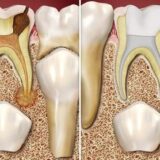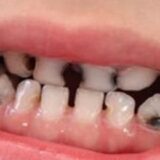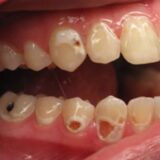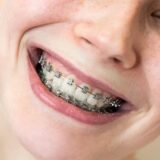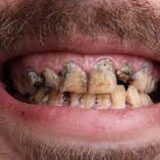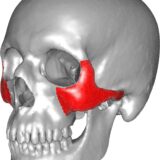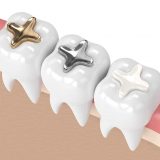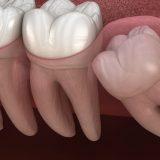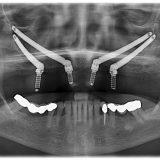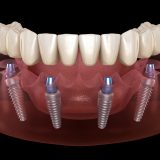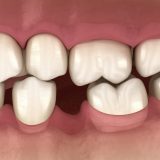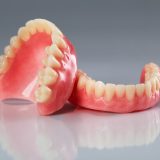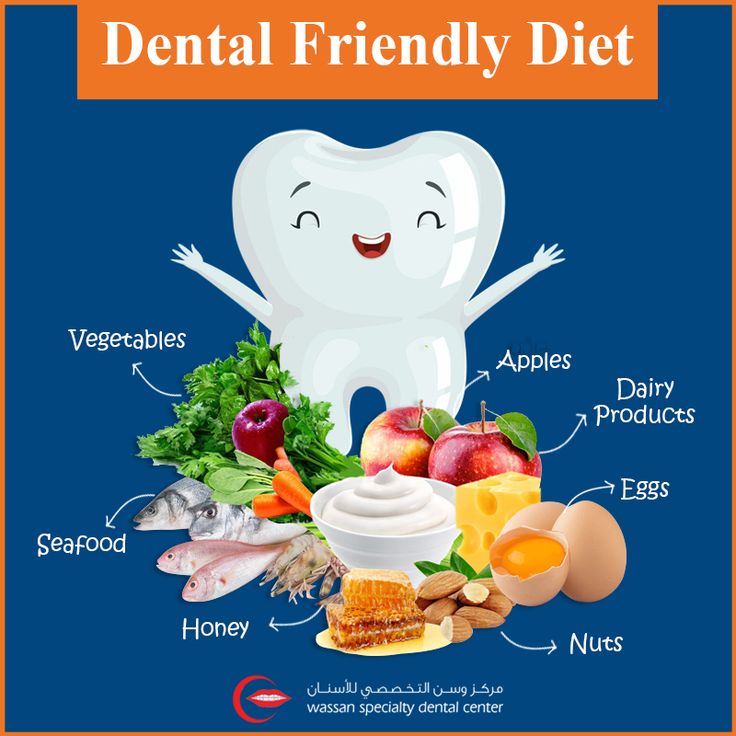
FOODS THAT AGGREVATE TEETH PAIN
Outline of the Article
1.Introduction to Teeth Pain
2.Impact of Diet on Dental Health
3.Top 10 Foods to Avoid for Teeth Pain
- Sugary Foods and Beverages
- Acidic Foods and Drinks
- Hard Candies and Ice
- Sticky Foods
- Citrus Fruits
- Carbonated Drinks
- Hot and Cold Foods
- Alcohol
- Spicy Foods
- Highly Processed Foods
4.Alternatives to Problematic Foods
- Nutritious Substitutes for Dental Health
5.Tips for Maintaining Dental Health
- Proper Oral Hygiene Practices
- Regular Dental Check-ups
- Lifestyle Changes for Better Dental Health
6.Conclusion
7.FAQs on Teeth Pain and Diet
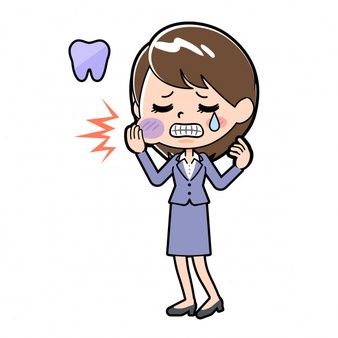
Teeth pain can be debilitating, affecting your ability to eat, speak, and enjoy daily activities.
While dental issues can arise from various factors, including genetics and oral hygiene habits, diet plays a significant role in exacerbating teeth pain.
Certain foods can worsen existing dental problems or trigger discomfort in sensitive teeth. Understanding which foods to avoid can help alleviate teeth pain and promote better oral health.
Impact of Diet on Dental Health
Our diet plays a crucial role in maintaining optimal dental health.
What we eat directly affects the condition of our teeth and gums.
Consuming foods high in sugar, acid, or hardness can contribute to tooth decay, enamel erosion, and sensitivity, leading to aggravated teeth pain.
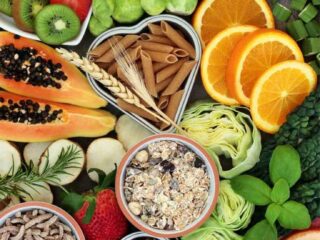
1. Sugary Foods and Beverages


Consuming excessive sugar can contribute to tooth decay and cavity formation.
Bacteria in the mouth feed on sugar, producing acids that erode tooth enamel and lead to sensitivity and pain.
Avoid sugary snacks like candies, cakes, and cookies, as well as sugary beverages like soda and fruit juices.
2. Acidic Foods and Drinks

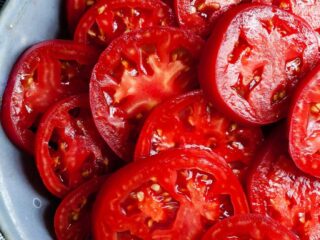
Acidic foods and drinks can weaken tooth enamel, making teeth more susceptible to pain and sensitivity.
Citrus fruits, tomatoes, vinegar-based dressings, and carbonated beverages are examples of acidic foods that can aggravate teeth pain.
Limiting intake or rinsing with water after consumption can help minimize the erosive effects.
3. Hard Candies and Ice

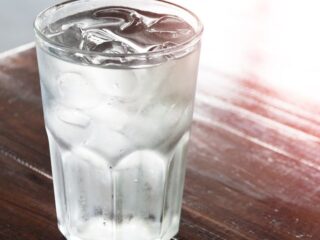
Chewing on hard candies or ice cubes may seem harmless, but it can cause microfractures in tooth enamel and lead to sensitivity and pain.
Avoid crunching on hard objects to prevent dental damage and discomfort.
Opt for softer alternatives like sugar-free gum or chilled fruit slices.
4. Sticky Foods


Sticky foods like caramel, toffee, and dried fruits can cling to the surfaces of teeth, promoting bacterial growth and contributing to decay.
These foods can also pull at dental work, such as fillings or crowns, causing pain and discomfort.
Choose less sticky snacks like fresh fruits or nuts to protect your dental health.
5. Citrus Fruits

While citrus fruits are rich in vitamin C and other nutrients, they are highly acidic and can erode tooth enamel over time.
Consuming citrus fruits in moderation and rinsing with water afterward can help mitigate the acid’s effects on teeth.
Consider incorporating them into meals rather than consuming them as standalone snacks.
6. Carbonated Drinks


Carbonated drinks contain phosphoric and citric acids, which can weaken enamel and increase tooth sensitivity.
Regular consumption of soda, energy drinks, and sparkling water can contribute to dental erosion and discomfort.
Opt for water or herbal teas as healthier alternatives to protect your teeth from pain and damage.
7. Hot and Cold Foods


Extreme temperatures can trigger dental pain, especially in individuals with sensitive teeth or existing dental issues.
Avoid consuming piping hot soups or ice-cold beverages, as sudden temperature changes can cause discomfort.
Opt for lukewarm or room temperature foods to minimize sensitivity and pain.
8. Alcohol

Alcoholic beverages, particularly those with high sugar content like cocktails and sweet wines, can contribute to tooth decay and gum disease.
Alcohol also dries out the mouth, reducing saliva production and increasing the risk of cavities and oral infections.
Limit alcohol consumption and practice moderation for better dental health.
9. Spicy Foods
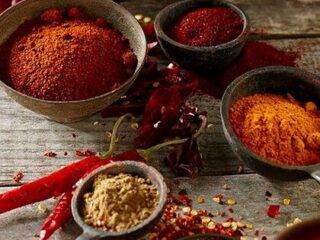
Spicy foods can irritate oral tissues and exacerbate existing dental problems, leading to discomfort and pain.
Peppers, hot sauces, and spicy snacks can cause inflammation and sensitivity in the mouth, making it challenging to eat comfortably.
Opt for milder seasoning or cooling ingredients to enjoy flavorful meals without aggravating teeth pain.
10. Highly Processed Foods
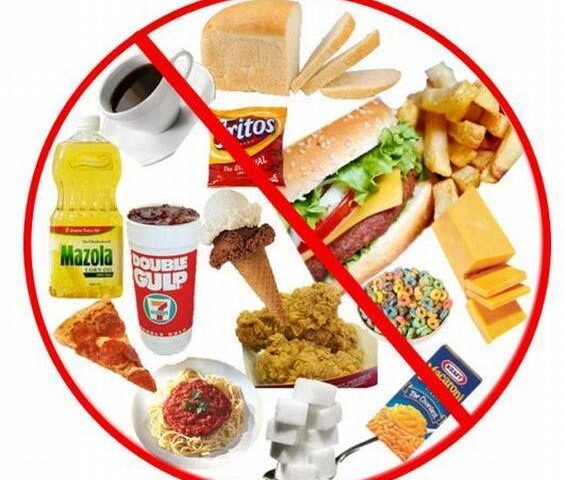
Highly processed foods often contain refined sugars, artificial additives, and preservatives that can harm dental health.
Snack foods like chips, crackers, and sugary cereals contribute to plaque formation and tooth decay, increasing the risk of teeth pain and sensitivity.
Choose whole foods like fruits, vegetables, and lean proteins for healthier teeth and gums.
Alternatives to Problematic Foods
By avoiding these top 10 foods that aggravate teeth pain and adopting a balanced diet rich in nutritious alternatives, you can promote better oral health and reduce the risk of dental discomfort.
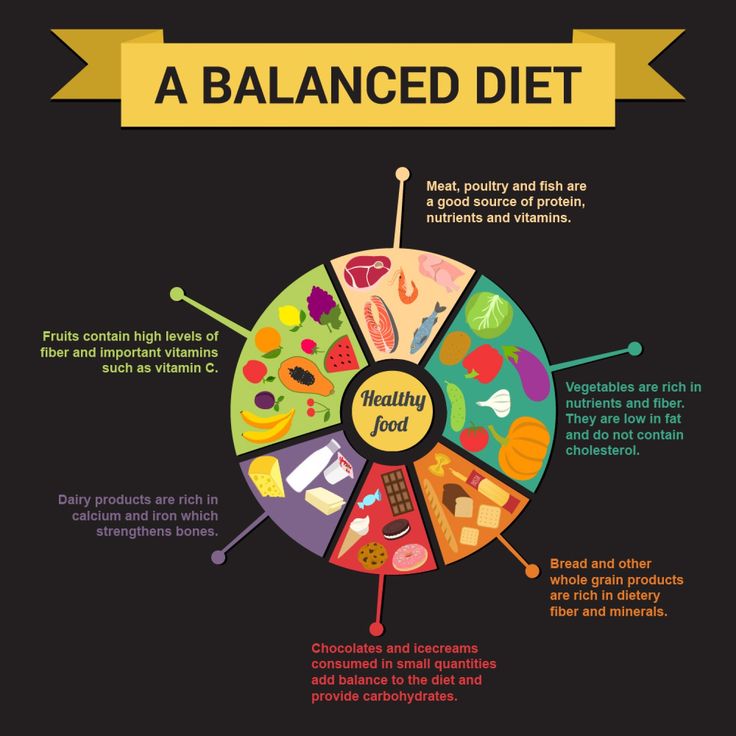
Tips for maintaining dental health
Remember to practice good oral hygiene habits, such as brushing twice daily, flossing regularly, and scheduling routine dental check-ups, to maintain a healthy smile for years to come.
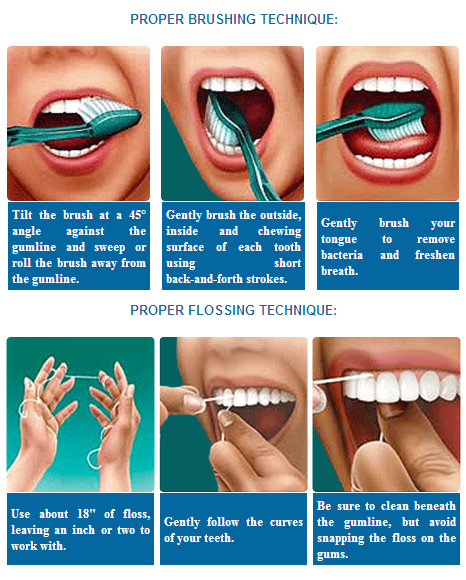
Conclusion
Being mindful of what we eat is essential for maintaining good dental health and alleviating teeth pain.
By avoiding or minimizing the consumption of foods that aggravate dental issues and incorporating tooth-friendly alternatives, we can prevent further damage and enjoy a healthy, pain-free smile.
Remember, a balanced diet and proper oral hygiene are key to keeping your teeth and gums in top condition.
FAQs on Teeth Pain and Diet
1.Can certain foods relieve teeth pain?
While avoiding problematic foods is essential for dental health, some foods like dairy products, leafy greens, and lean proteins can promote strong teeth and gums, potentially alleviating discomfort.
2.How does diet affect overall dental health?
Diet plays a significant role in preventing dental issues like cavities, gum disease, and tooth sensitivity.
A balanced diet rich in vitamins, minerals, and antioxidants supports optimal oral health.
3.Is it okay to indulge in sugary treats occasionally?
Occasional consumption of sugary treats is acceptable, but moderation is key.
Remember to brush and floss afterward and rinse your mouth with water to minimize the impact on your teeth.
4.Are there any natural remedies for teeth pain?
Some natural remedies like clove oil, saltwater rinses, and cold compresses can provide temporary relief from teeth pain.
However, it’s essential to address the underlying cause by consulting a dentist.
5.How often should I visit the dentist for check-ups?
Dental professionals recommend scheduling regular check-ups every six months to monitor your oral health, detect any issues early, and receive professional cleanings and treatments as needed.
